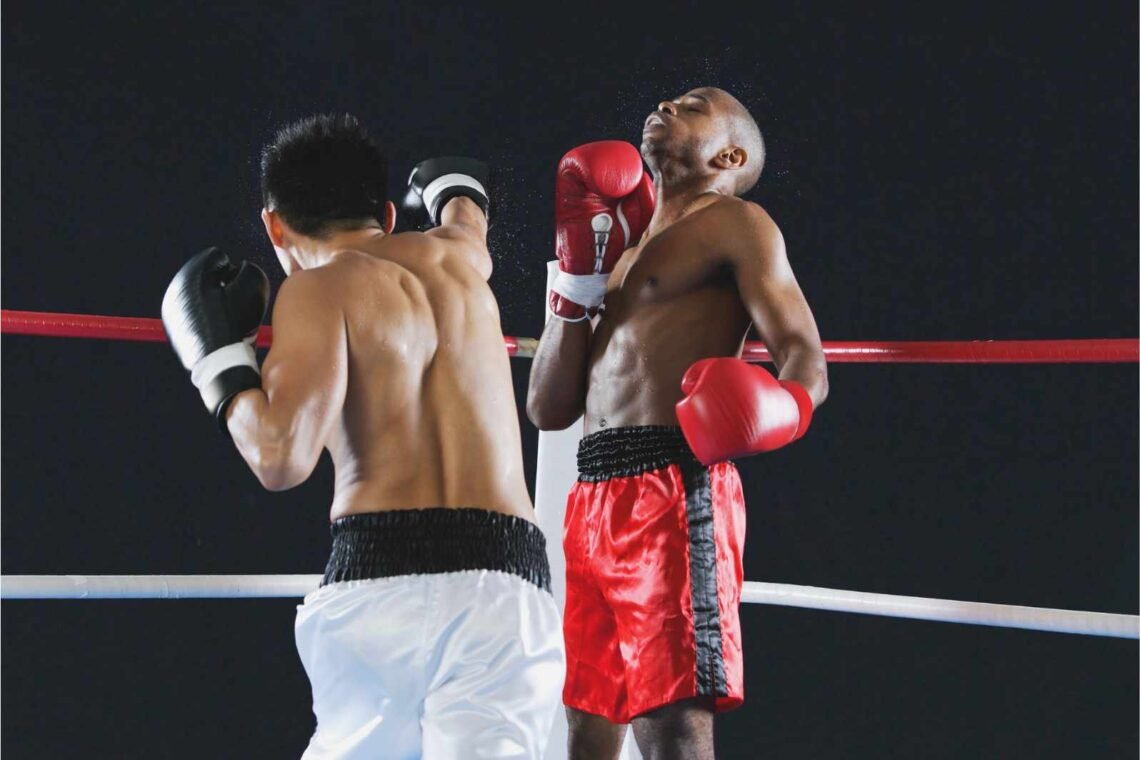Sports aren’t just for fun and games or competition, they have the ability to instigate change, bring communities together and promote social progress. Athletes and organizations, at all levels—from local clubs to national federations—are no longer shy in embracing their power as role models and leveraging that power to enact change, large or small. This is where sports can be so much more than what we see on the field, the court or the stadium.
Sports as a Unifying Force
Sports and their extremely positive influence on society One of the pleasantries of life is sports and one of the great social influences on society is sport. Then there are mega events like the FIFA World Cup or the Olympics, where the coming together of nations in celebration of human accomplishment seems self-evident. From a local perspective, community sports leagues provide a sense of belonging, bridge social gaps, and make friendships irrespective of cultural or socio-economic position.
Athletes Are Role Models and Activists
Today’s athletes are not merely players but also influential voices. From Muhammad Ali’s resistance against war and racial injustice to Serena Williams’ demand for gender equality, athletes have demonstrated that they can be powerful disrupters of social conversations. Social media has given athletes a platform to draw attention to crises, such as mental illness, racial inequality and climate change, creating awareness and even action on issues all over the world.
Sports and Education
Research has demonstrated that sports reduce dropout rates, particularly in economically disadvantaged youth. Students learn discipline, time-management and leadership as part of a team sport. Programs such as Right to Play and NBA Cares are contributing to education through sports, providing young people with the skills they need to achieve both in school and in their lives.
Promoting Health and Well-being
Physical and mental health are also very important. Sports are a big part of being healthy and also keep you in good condition physically and mentally. Contrary to popular belief, sports figures are also used in generalised public health campaigns to promote healthy forms of physical activity. Teammates help kids’ self-esteem, instill resilience and offer an outlet for positive stress release to battle the mental health issues kids face.
Driving Gender Equality
Sports have been at the forefront of the push for gender equity. Women’s leagues in sports like football, basketball and even cricket have defied stereotypes and provided female athletes with platforms to be heralded. The conversation, too, has been driven by advocacy for equal pay and recognition, and has inspired younger girls with the hope that they too can indulge their athletic dreams.
Economic and Community Development
Sports are also economic engines. Stadiums, events and sports tourism provide good jobs and produce revenue. At a more grassroots level, sports’ clubs and organisations invest in projects that the whole community can benefit from – from new facilities and transport links, to supporting scholarships which can improve economic opportunities – generating tidal effects across entire communities.
The Road Ahead
The future of sport is not just about the performance but the legacy. In a technological world that echoes every voice, there is no reason to believe that sports will simply cease to be a powerful stage upon which social change performs. The risk is that organizations and athletes will use this influence recklessly and divisively.
Conclusion
Sports is not just a game or diversion, it is a transformative social force. Whether they promote teamwork, combat inequality, support education or encourage well-being, the social impact of sports is unquestionable. The more athletes, fans and organizations keep reaching beyond the game, the greater possibility of actual change.
FAQs:
Q1. How do sports influence society?
Sports serve as their “Social ordinances” uniting people, driving healthy lifestyles, education and an addressal platform for society to speak on article: Equality, article: Justice Was there a particular incident that brought the work? to life?
Q2. I’m an athlete who is a role model?
And athletes can inspire by the discipline and sheer achievement, resilience. Some even use their platforms to campaign for societal issues, and they are role models both inside and outside the games.
Q3. What is the significance of sports in education?
Sports can promote valuable life skills like collaboration, discipline and leadership that can positively impact academic achievement and help students become successful adult problem solvers.
Q4. What part do sports play in advancing gender equality?
Sport offers women the chance to demonstrate their ability, call out stereotypes and demand equal representation, pay and opportunity in society.
Q5. Do sports have a role in community development?
Yes, sports do promote community development by providing employment, promoting youth involvement, cultivating harmony, and contributing to the local infrastructure and education.





